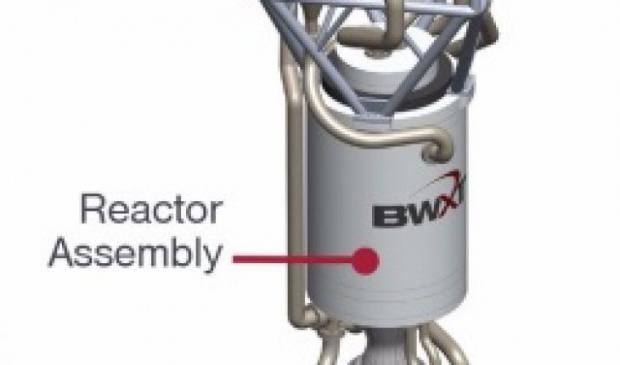
Breaking News
 Pentagon To Send 200 Troops to Nigeria
Pentagon To Send 200 Troops to Nigeria
 Trump Says He May Send Second Aircraft Carrier to Middle East To Prepare for Potential Attack...
Trump Says He May Send Second Aircraft Carrier to Middle East To Prepare for Potential Attack...
 A Market Crash and Recession Are Bullish, Not Bearish
A Market Crash and Recession Are Bullish, Not Bearish
 What Are They Still Hiding? New Epstein Questions Point to a Much Bigger Cover-Up
What Are They Still Hiding? New Epstein Questions Point to a Much Bigger Cover-Up
Top Tech News
 Drone-launching underwater drone hitches a ride on ship and sub hulls
Drone-launching underwater drone hitches a ride on ship and sub hulls
 Humanoid Robots Get "Brains" As Dual-Use Fears Mount
Humanoid Robots Get "Brains" As Dual-Use Fears Mount
 SpaceX Authorized to Increase High Speed Internet Download Speeds 5X Through 2026
SpaceX Authorized to Increase High Speed Internet Download Speeds 5X Through 2026
 Space AI is the Key to the Technological Singularity
Space AI is the Key to the Technological Singularity
 Velocitor X-1 eVTOL could be beating the traffic in just a year
Velocitor X-1 eVTOL could be beating the traffic in just a year
 Starlink smasher? China claims world's best high-powered microwave weapon
Starlink smasher? China claims world's best high-powered microwave weapon
 Wood scraps turn 'useless' desert sand into concrete
Wood scraps turn 'useless' desert sand into concrete
 Let's Do a Detailed Review of Zorin -- Is This Good for Ex-Windows Users?
Let's Do a Detailed Review of Zorin -- Is This Good for Ex-Windows Users?
 The World's First Sodium-Ion Battery EV Is A Winter Range Monster
The World's First Sodium-Ion Battery EV Is A Winter Range Monster
 China's CATL 5C Battery Breakthrough will Make Most Combustion Engine Vehicles OBSOLETE
China's CATL 5C Battery Breakthrough will Make Most Combustion Engine Vehicles OBSOLETE
NASA funds $18.8 million to create and test fuel for nuclear thermal propulsion

As NASA pursues innovative, cost-effective alternatives to conventional propulsion technologies to forge new paths into the solar system, researchers at NASA's Marshall Space Flight Center in Huntsville, Alabama, say nuclear thermal propulsion technologies are more promising than ever, and have contracted with BWXT Nuclear Energy, Inc. of Lynchburg, Virginia, to further advance and refine those concepts.
Part of NASA's Game Changing Development Program, the Nuclear Thermal Propulsion (NTP) project could indeed significantly change space travel, largely due to its ability to accelerate a large amount of propellant out of the back of a rocket at very high speeds, resulting in a highly efficient, high-thrust engine. In comparison, a nuclear thermal rocket has double the propulsion efficiency of the Space Shuttle main engine, one of the hardest-working standard chemical engines of the past 40 years. That capability makes nuclear thermal propulsion ideal for delivering large, automated payloads to distant worlds.
"As we push out into the solar system, nuclear propulsion may offer the only truly viable technology option to extend human reach to the surface of Mars and to worlds beyond," said Sonny Mitchell, Nuclear Thermal Propulsion project manager at Marshall. "We're excited to be working on technologies that could open up deep space for human exploration."



